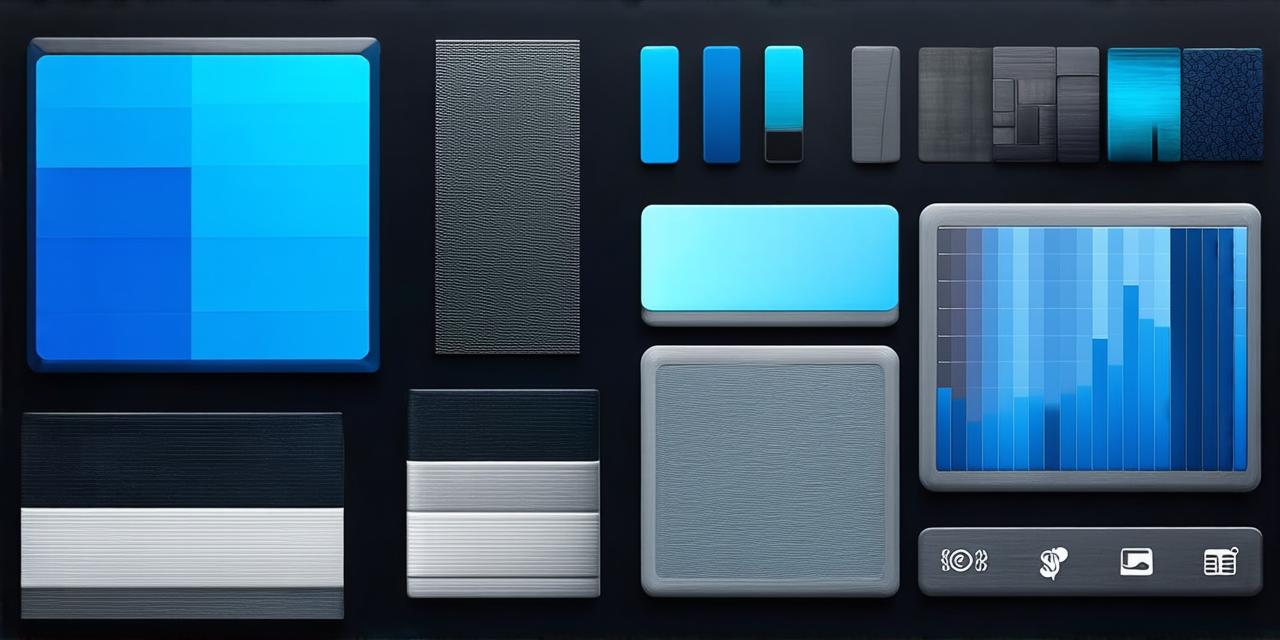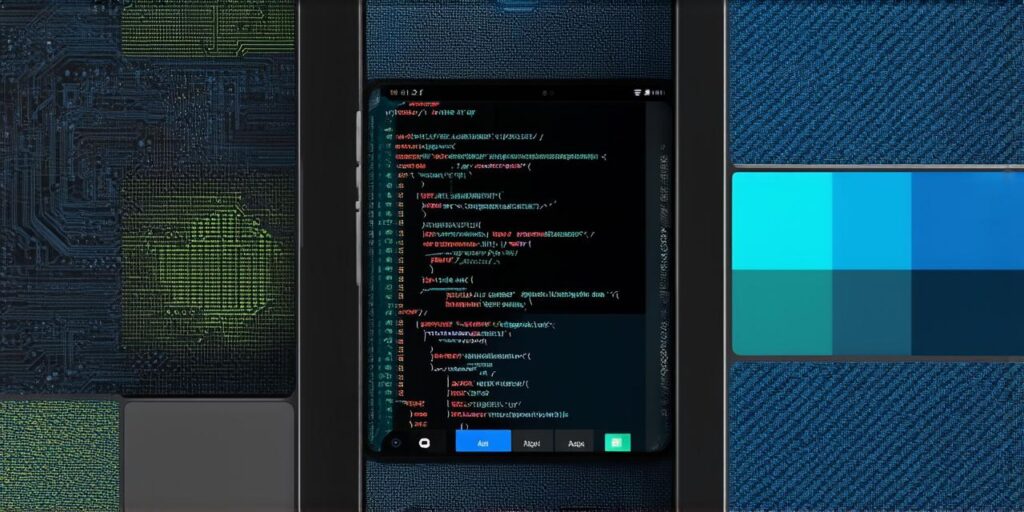React Native vs. Xamarin
React Native is a popular open-source JavaScript library used for building cross-platform mobile applications. It allows developers to build native mobile apps using a single codebase, which saves time and effort. React Native uses a bridge to communicate between the JavaScript code and the native platform, allowing for seamless integration of native components. However, it has limited access to some device-specific features and requires more development skills than Xamarin.
Xamarin is a Microsoft-owned framework that allows developers to build native mobile apps using C or VB.NET languages. It provides a set of tools and libraries for building cross-platform applications, including access to device-specific features such as camera and GPS. Xamarin has a steeper learning curve than React Native, but it can be more efficient in terms of development time and requires less expertise.
Flutter vs. Ionic

Flutter is an open-source mobile app development framework created by Google. It uses the Dart programming language to build cross-platform applications that look and feel like native apps. Flutter has a fast development cycle and provides access to many device-specific features, including camera, GPS, and accelerometer. However, it requires more development skills than Ionic.
Ionic is an open-source framework for building hybrid mobile apps using HTML, CSS, and JavaScript. It allows developers to build cross-platform applications with a consistent look and feel across different platforms. Ionic provides access to many device-specific features, including camera, GPS, and accelerometer. However, it has limited performance compared to native apps and may not be suitable for complex applications.
Conclusion
In conclusion, the optimal framework for developing mobile applications depends on several factors such as development skills, project complexity, and access to device-specific features. React Native and Xamarin are both popular choices for building cross-platform applications using JavaScript and C languages respectively. Flutter is a great choice for developers looking for fast development cycles and access to many device-specific features. Ionic is suitable for simple hybrid applications that require access to basic device-specific features. Ultimately, the choice of framework depends on the specific requirements of each project.



